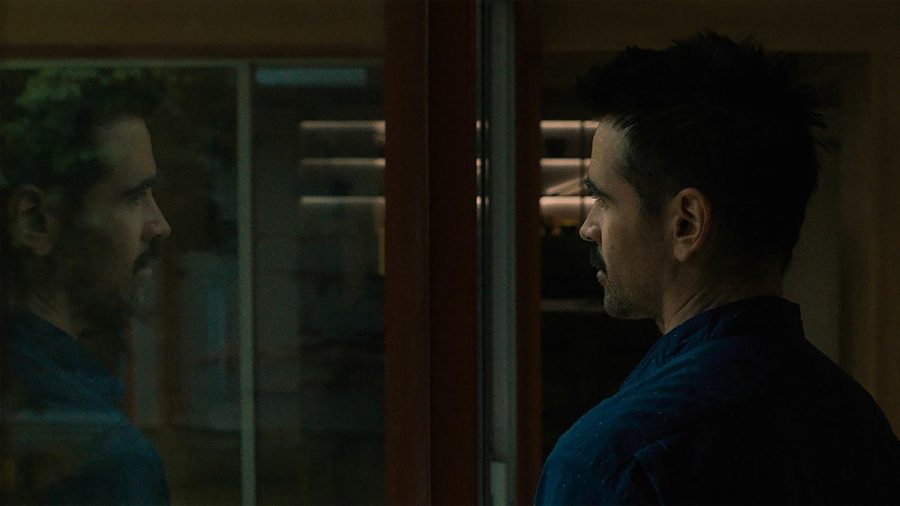Sundance: ‘After Yang’ is a Refreshing and Beautiful Addition to the Science Fiction Catalogue
January 22, 2022
When any piece of cinema brands itself with the daunting label of science fiction, certain expectations are involuntarily assigned. As an audience, we have become so accustomed to killer robots or corrupt, privacy-invading governments, all bringing the world to the brink of extinction. Whoever the antagonist is, science fiction so often tends to synonymize them with these apocalyptic threats. Delightfully, Kogonada’s “After Yang” defies expectations and provides a refreshing and beautiful entry to the science fiction catalogue.
The Importance of Moments
In the early moments of the film, Kogonada certainly plays with expectations and tiptoes around an idea of a hyper-surveyed, dystopian society. There are hints as to what life is like in this undesignated future, but we are never completely certain of the particulars. Instead, we are provided with the intimate study of Jake (Colin Farrell) and Kyra (Jodie Turner-Smith), their adopted daughter Mika (Malea Emma Tjandrawidjaja) and their lifelike, android “technosapien” son Yang (Justin H. Min).
When Yang stops functioning, Jake, mostly for the sake of a devastated Mika, attempts to get Yang repaired. Upon doing so, Jake inadvertently begins a journey of understanding not just who Yang was, but what it means to be alive. Through the precisely recorded memories of Yang and the foggy remembered ones of his own, Jake discovers how important individual moments are. Specifically, how these individual moments shape our lives and deepen both our personal and interpersonal relationships.
A Masterwork in Filmmaking
“After Yang” is cozy, minimalistic and one of the most beautiful movies I’ve ever seen. It’s easy to watch and absolutely stunning to look at. Every aspect of production masterfully comes together to create something elegant and fresh. From brilliant performances by the entire cast to the simple yet heartfelt score by ASKA, everything is polished and genuine. I tip my hat to Kogonada — the guy knows how to make a film.
The way “After Yang” approached memory was fascinating and one of the most unique uses of cinema I’ve ever seen. We constantly capture memories in videos and photographs. Pivotal moments can be replayed in high definition whenever we want. But, what about the mundane conversations we have with our loved ones? Or when the sun shines perfectly through the window onto the rug? Moments we don’t capture are still ones we remember, however imperfectly. How something was said, how it was delivered — expressions and tone — becomes muddled. Through repetition and editing, Kogonada captures this feeling of these imperfections perfectly. The precision and craft of filmmaking in “After Yang” cannot be understated.
Beyond the Craft
Even beyond the craft of “After Yang,” the film’s themes of loss, grief, memory and what goes into a life were gracefully woven together to create something beautiful. It reminded me that people are so much deeper than we give them credit for. Often, it feels like our relationships are so transactional, even with those closest to us, that’s it’s easy to forget everyone has a favorite flavor of ice cream or a favorite sound. Every person struggles with what it means to be a human and how to communicate love.
“After Yang” is going to stick with me for a long time. It felt catered exactly to me, and I have a feeling I won’t be alone in that. If you get the chance, I encourage you to one, watch this film, and two, go spend some time with someone you love — it will be worth it.








